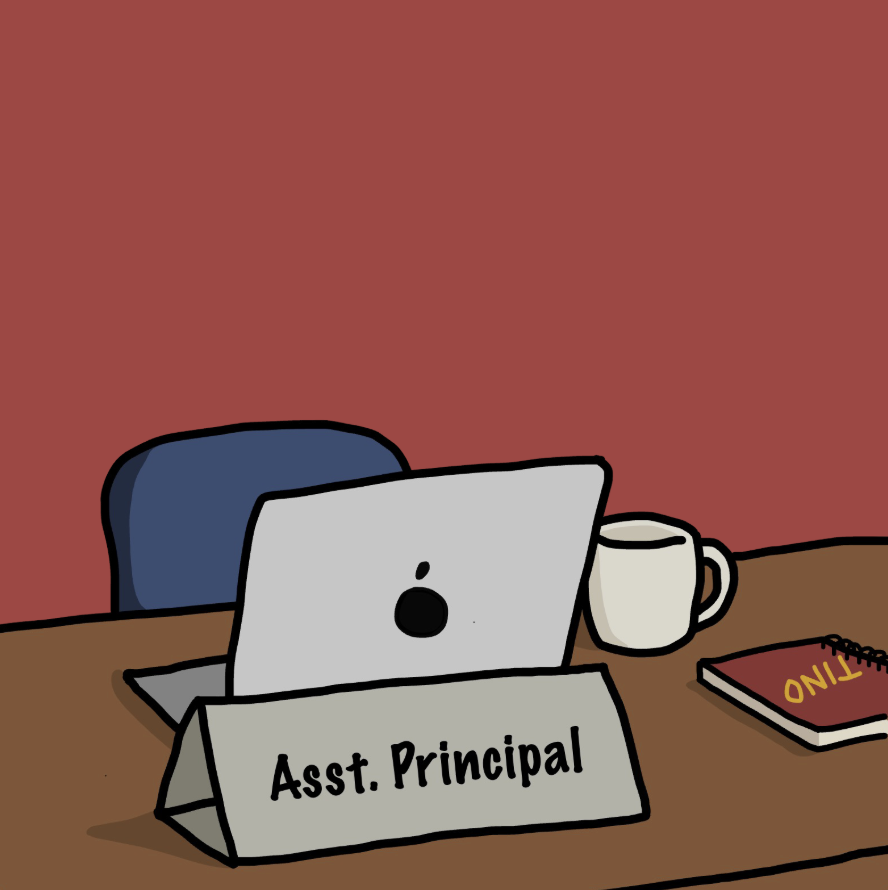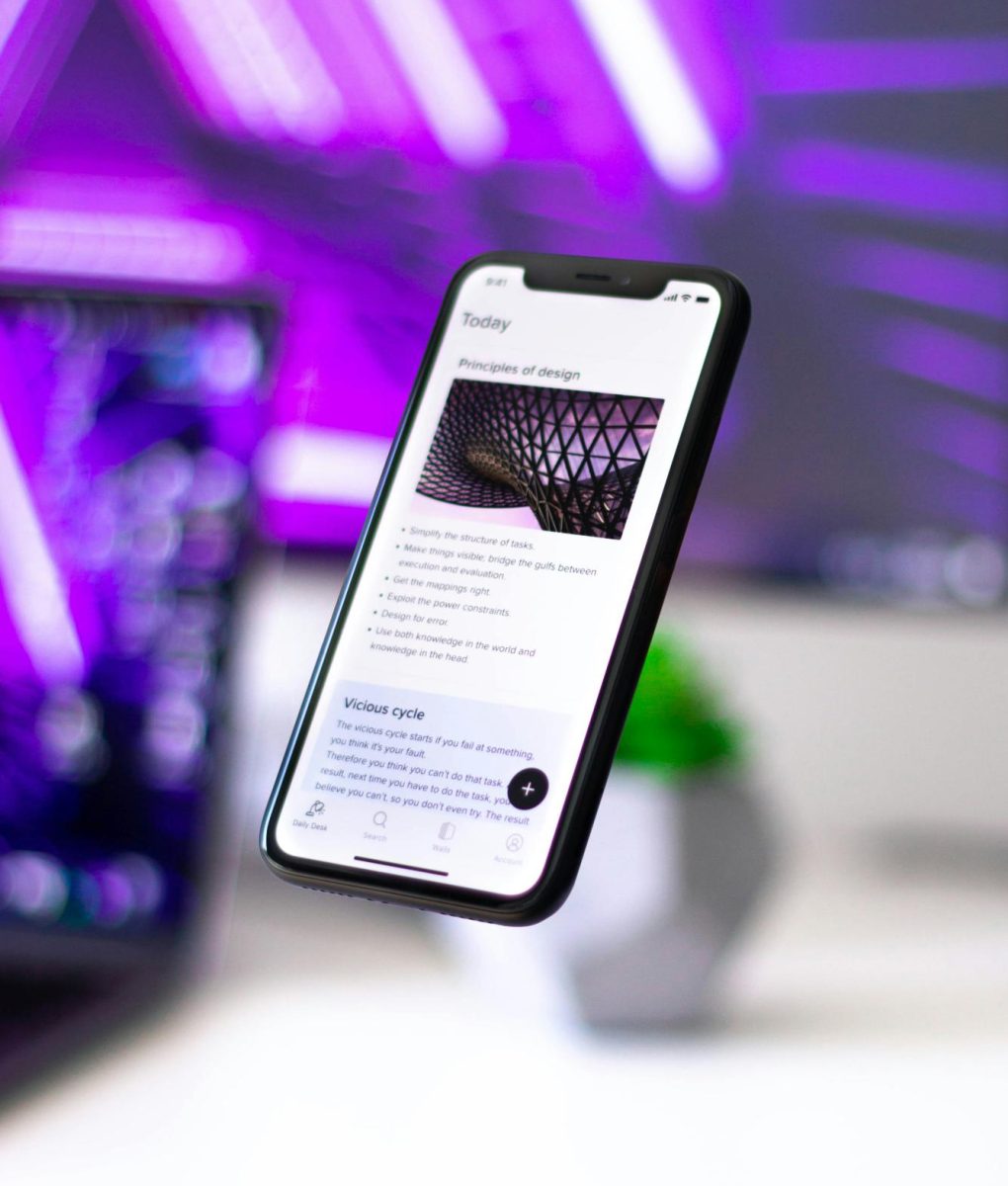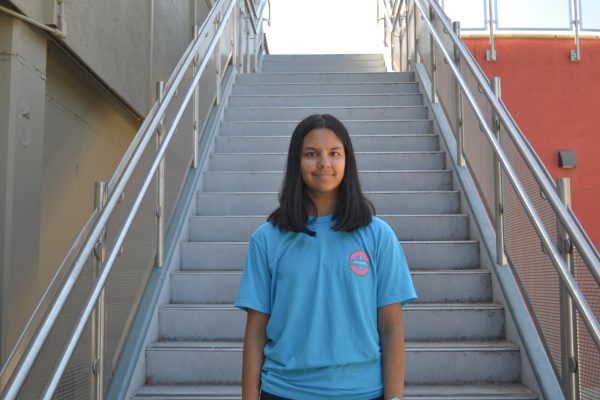Fremont Union High School District’s Educational Options program provides support and resources to students with disabilities and those in special circumstances to help them succeed.
Through this program, students receive personalized instructions based on altered state requirements to graduate high school, or practice and learn skills they can use in the real world. Students are referred to the program by an assistant principal or guidance counselor and must complete an application or interview.
“I believe that every human has the ability to learn at a high level. And I think that our five schools are absolutely amazing. It does not mean that our five schools, though, are for everybody, and that doesn’t mean our schools aren’t great, but it also doesn’t mean the students that don’t find a home in them aren’t great either,” Director of EdOps Alison Coy said. “Our students that don’t feel right in those schools feel like it’s their fault. It’s not their fault — it isn’t the right fit. So what we’ve tried to do here is be flexible enough that any student who doesn’t feel at home at our big five high schools can find a home here.”
The Customized Learning Program acts similarly to a high school in helping students get credits to graduate, but it does so in a small learning environment tailored to individual students’ needs.
Their schedule includes direct instruction, which takes place in the FUHSD EdOps building located behind the district office. Students take four core classes — math, english, science and social studies — taught in smaller class sizes with a maximum of 16 to 18 students. They also join two other classes which either feature online content or take place at a community college or summer school. They also have the opportunity to gain work experience.
“There’s room for everyone to kind of do what they want, and that seems to work for people,” said Coy. “So what kids tend to say is, ‘I didn’t feel like there was a place for me where I was, and I feel like there’s a place for me here.’”
CLP students can also take High School Equivalency Exam Support to help prepare for high school equivalency exams, which are alternatives to completing required credits in order to graduate high school. Successfully passing these exams — the General Education Development and High School Equivalency Test — enables students to receive their diploma.
Said CLP student Stephanie Blanco, “[The staff] are always there. They’re always around. They want to be very personable. The first time I met everyone, it was very welcoming and I felt really good about it. The staff tries their hardest to be there for everyone and do their best and always listen to feedback and change things that aren’t working.”
Additionally, students in CLP who are parenting or in the midst of pregnancy can join the Young Parent Program to receive childcare support.
Community School is offered for students who have been expelled or those who have previously been in juvenile detention to help them transition back to the traditional high school environment.
“The world gives certain people more things than others. […] That really set me on my course. So I’m just making sure that everybody [people who got left behind by the world] gets their fair share, and everybody knows that they are as good as anybody else, and have a right to happiness and success, and that’s always been very important to me,” Coy said.
Another aspect of FUHSD EdOps is postsecondary programs. These include Building Responsible Individuals, Discovering and Gaining Experiences Successfully, Working Independently Gaining Success and Linking Youth ’N Community Services, which teach students from ages 18 to 22 with disabilities about applying for jobs and give them hands-on experience.
Said Director of Postsecondary Programs Nancy Sullivan, “The vast majority of families that we work with in our post secondary programs are extremely pleased with the services and support they receive, and we feel quite fortunate to be able to have the programs that we do.”
These programs take place like a regular school day where students can do various activities — work on their student business, get job coaching, practice collaboration, go grocery shopping, cook a meal, exercise, go shopping, learn vocational skills, go bowling, work at a job, take a class at De Anza College and more.
“I feel like globally, people with disabilities are some of our most marginalized humans in our society, unfortunately. […] I’ve [met] people through different times in my life where I felt I could advocate for them, and it drew me to special education,” Sullivan said.
Content taught does not have specific standards, but rather focuses on current events, how it can be applied to real life and what students are interested in.
Said BRIDGES teacher Margaret Harden, “What is important for one student is going to be totally different for another student, because everybody has different needs. […] You want them to be able to take those skills and transfer them to other situations.”
The goal of these programs is to make students more independent by learning skills, gaining experience and having fun in the process.
“They appreciate being exposed to different opportunities and getting the chance to do things with peers that they might not do just being out in the community. Learning seems to be the big thing, and getting vocational experience,” Harden said.
While students spend most of their time in these programs, there are several times throughout the year where there are events between different postsecondary institutions, as well as between different parts of EdOps. This allows students to meet others and enjoy themselves.
“[We try] to be as flexible and as welcoming as we can so that students can feel welcome here and feel that they have a place they can learn and be safe and be comfortable,” Coy said.








